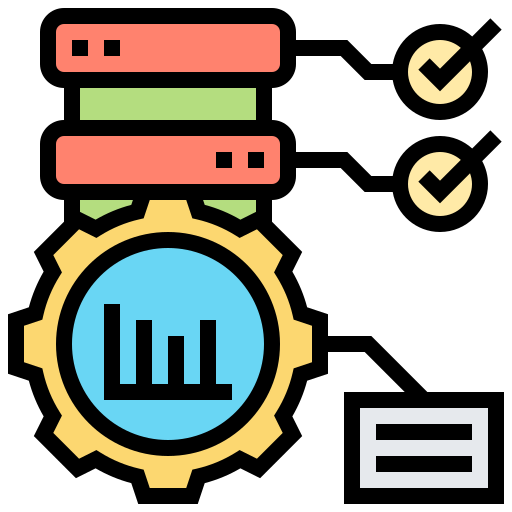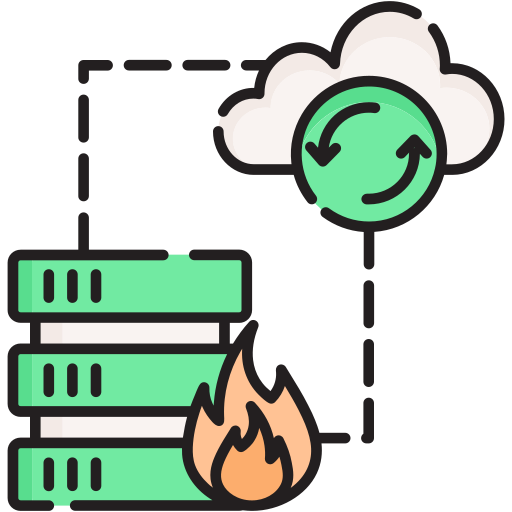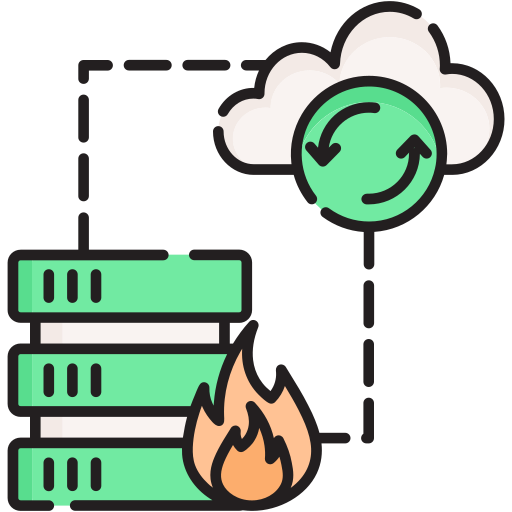Navigating the Cloud Spectrum
Businesses are presented with a spectrum of cloud solutions to choose from, each offering distinct advantages. NetConnect’s Managed Cloud Services encompass Private, Public, and Hybrid Cloud options, allowing organizations to tailor their cloud strategy to their specific needs. Whether it’s security and control in a Private Cloud, cost-efficiency in a Public Cloud, or the agility of a Hybrid Cloud, our services are designed to optimize your cloud infrastructure for performance, scalability, and cost-effectiveness.
Private Cloud

Enhanced Security

Control

Performance

Compliance
Public Cloud

Cost Efficiency

Scalability

Global Reach

Managed Services
Hybrid Cloud

Flexibility

Data Optimization

Disaster Recovery

Cost Control
Public vs Private vs Hybrid Cloud

Public Cloud
High Scalability, Flexibility
Reduced Complexity
Flexible Pricing
Agile for Innovation

Private Cloud
Regulation Compliant
Customizable
High Scalability
Efficient

Hybrid Cloud
High Scalability, Flexibility
Workload Diversity
Optimize Resource Usage
Flexibility
What are the differences between the cloud options?
Private Cloud
is a cloud computing environment exclusively dedicated to a single organization. In a Private Cloud, resources like servers, storage, and networking are not shared with other organizations, providing a high level of control, security, and customization. This cloud model is ideal for businesses with strict data security and compliance requirements, as it allows them to maintain data sovereignty and tailor the infrastructure to their specific needs. Private Clouds offer enhanced privacy, reliability, and performance, making them suitable for mission-critical applications and sensitive data storage.
Public Cloud
is a cloud computing environment hosted and operated by a third-party cloud service provider. In a Public Cloud, resources are shared among multiple organizations, and services are delivered over the internet. Public Clouds are known for their scalability, cost-efficiency, and global accessibility. Organizations can quickly scale resources up or down based on demand, pay for what they use, and benefit from a wide range of managed services provided by the cloud provider. Public Clouds are suitable for a variety of workloads, from web hosting and development to data analytics and testing.
Hybrid Cloud
is a cloud computing environment that combines elements of both Private and Public Clouds. It allows data and applications to be shared between them. Organizations use a Hybrid Cloud to gain flexibility and optimize resource usage. For instance, sensitive data and critical applications can be hosted in a Private Cloud, while less sensitive workloads can leverage the scalability and cost-effectiveness of a Public Cloud. Hybrid Clouds enable businesses to adapt to changing requirements, implement disaster recovery solutions, and maintain control over sensitive data while benefiting from the advantages of the Public Cloud’s scalability and managed services.
Each type of cloud environment has its unique strengths and is chosen based on an organization’s specific needs, priorities, and business objectives.
What type of cloud environment should we consider based on our organization’s characteristics and requirements?
Private Clouds

Industries

Large Enterprises

Critical Applications

Sensitive or Proprietary Data
Public Clouds

Startups & Small Businesses

Create, Test, and Deploy Applications

e-Commerce & Content Delivery Services

Data Analytics

Fluctuating Workloads
Hybrid Clouds

Varying Workloads

Disaster Recovery Plans

Variable Workloads

Regulatory Demands

